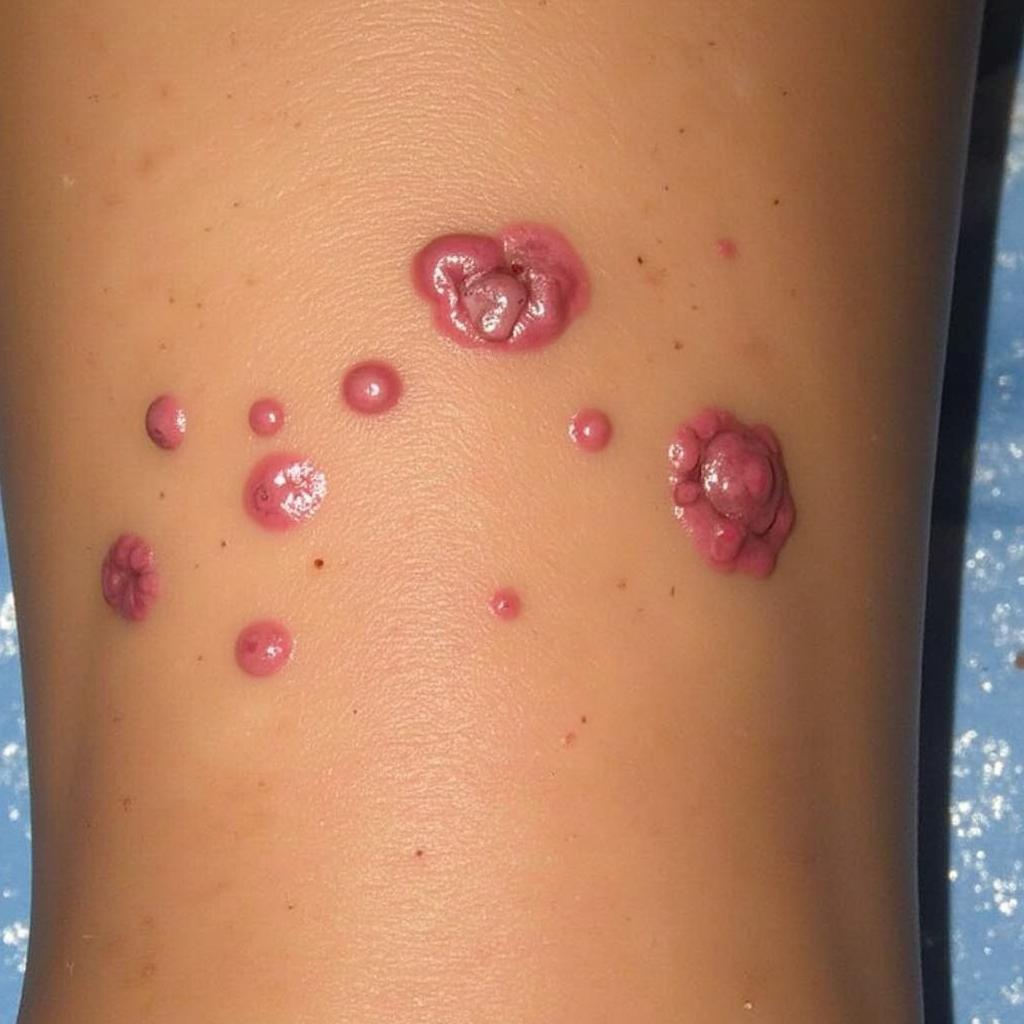Understanding African Histoplasmosis: A Comprehensive Guide
African Histoplasmosis is a fungal infection caused by the dimorphic fungus Histoplasma capsulatum var. duboisii. While commonly found in soil contaminated with bat and bird droppings, it predominantly affects individuals residing in or traveling to specific regions of Africa. This comprehensive guide will delve into the intricacies of African histoplasmosis, covering its causes, symptoms, diagnosis, treatment, and preventive measures.
What Causes African Histoplasmosis?
The fungus responsible for African histoplasmosis thrives in environments enriched with bat and bird droppings, particularly in caves, bird roosts, and old buildings. Infection occurs when microscopic fungal spores present in the soil become airborne and are inhaled.
While most individuals exposed to the fungus remain asymptomatic, those with weakened immune systems, such as individuals with HIV/AIDS, are at a heightened risk of developing the disease.
Recognizing the Symptoms of African Histoplasmosis
The symptoms of African histoplasmosis can manifest weeks or even months after exposure to the fungus. They can range from mild to severe, often mimicking other respiratory illnesses like tuberculosis.
Common symptoms include:
- Fever
- Cough
- Chest pain
- Shortness of breath
- Weight loss
 Skin Lesions in African Histoplasmosis
Skin Lesions in African Histoplasmosis
In severe cases, the infection can spread beyond the lungs to other organs, including the skin, bones, and central nervous system, leading to complications such as:
- Skin lesions
- Bone pain and swelling
- Meningitis
Diagnosing and Treating African Histoplasmosis
Diagnosing African histoplasmosis requires a comprehensive approach involving a combination of methods:
- Medical History and Physical Examination: A detailed medical history, particularly travel history to endemic areas, provides crucial clues.
- Imaging Tests: Chest X-rays or CT scans help visualize any abnormalities in the lungs.
- Laboratory Testing: Definitive diagnosis relies on identifying the fungus in clinical specimens such as sputum, blood, or tissue biopsies.
Treatment for African histoplasmosis typically involves antifungal medications, with the choice and duration of therapy determined by the severity of the infection and the individual’s overall health status.
“Early diagnosis and appropriate antifungal therapy are critical in managing African histoplasmosis and preventing potentially life-threatening complications,” cautions Dr. Abena Osei, a leading infectious disease specialist at the Komfo Anokye Teaching Hospital in Ghana.
Prevention is Key: Protecting Yourself from African Histoplasmosis
While eliminating exposure to the fungus entirely may be impractical, especially in endemic regions, certain preventive measures can significantly reduce the risk of infection:
- Avoidance: Refrain from visiting areas known to harbor the fungus, such as caves and bird roosts.
- Protective Gear: When exposure is unavoidable, wearing appropriate respiratory protection, like N95 masks, is crucial.
- Dust Control: Minimize dust generation during activities that may disturb contaminated soil.
Living in Endemic Areas: Reducing Your Risk
For individuals residing in areas where African histoplasmosis is prevalent, these additional precautions are recommended:
- Environmental Hygiene: Implement effective waste management strategies for bird and bat droppings around homes and workplaces.
- Soil Treatment: Consider treating soil with fungicides in areas frequently disturbed.
- Health Education: Raising awareness within communities about the disease, its transmission, and preventive measures is paramount.
Navigating African Histoplasmosis: Conclusion and Call to Action
African histoplasmosis, though a serious health concern, can be effectively managed and prevented with awareness, timely diagnosis, and appropriate interventions. By understanding the risks, recognizing the symptoms, and adopting preventive measures, individuals can safeguard their health and minimize the impact of this often-overlooked fungal infection.
Remember, if you suspect you may have been exposed to African histoplasmosis or experience any symptoms, seek immediate medical attention.
For personalized guidance and support, contact us at +255768904061 or email us at kaka.mag@gmail.com. We are available 24/7 to address your concerns and provide comprehensive assistance. Our dedicated team can also be reached at our office located in Mbarali DC Mawindi, Kangaga, Tanzania. Your health is our priority.




